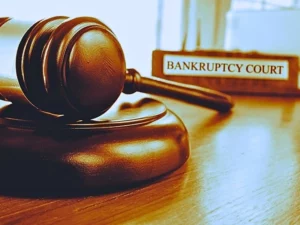Filing Bankruptcy During the Covid-19 Pandemic
It is still possible to file for bankruptcy during COVID-19. However, some of the processes may be modified due to safety precautions because of the virus. Debtors who are currently under a pre-existing Chapter 13 repayment plan may also be eligible for modifications under the federal Coronavirus Aid, Relief, and Economic Security (CARES) Act.
What Has Changed with COVID-19?
Because of public safety concerns, some courts may be closed or need to be closed in the future, including some bankruptcy courts. If a debtor has filed for bankruptcy, but the court where the filing has been made closes before the process is completed, the automatic stay would remain in effect. This way the debtor is still be protected from creditors. If an individual seeking relief has not yet filed, and the court where he or she would normally file closes, their bankruptcy attorney can advise them of where they can file.
There may be changes to how courts normally operate while the COVID-19 crisis continues. These modifications are in place to help slow the spread of the virus to protect public safety. The court might make changes to:
- Deadlines for filing
- Clerk office hours
- Service of process rules
It is important for filers to check with the court for any rules specific to their district, including which courthouse to file at and what judge is assigned to the case.
When filing a petition for bankruptcy, the debtor’s attorney must get an original signature from the debtor on it. This must be done even when documents are filed online. Some bankruptcy courts are temporarily waiving this requirement. Instead, debtors and their attorneys can have virtual meetings to review documents.
Debtors who file for bankruptcy are normally required to attend a Section 341 meeting of creditors. During the COVID-19 crisis, these meetings can be conducted remotely by phone or online.
Protections from the CARES Act
COVID-19 has forced many businesses to temporarily close and layoff or furlough workers. In some cases, there may be businesses that never reopen. There is a great potential for loss of income to many debtors who have pre-existing Chapter 13 repayment plans. The CARES Act has made a few temporary changes that are in effect until March 27, 2021.
Some debtors with repayment plans may be able to extend the length of their plans to seven years. To do this, they will need to file a notice and have a hearing where they must show that a material financial hardship exists because of COVID-19. Debtors who receive stimulus checks or other relief payments from the federal government because of the pandemic will not need to include that money as disposable income.





